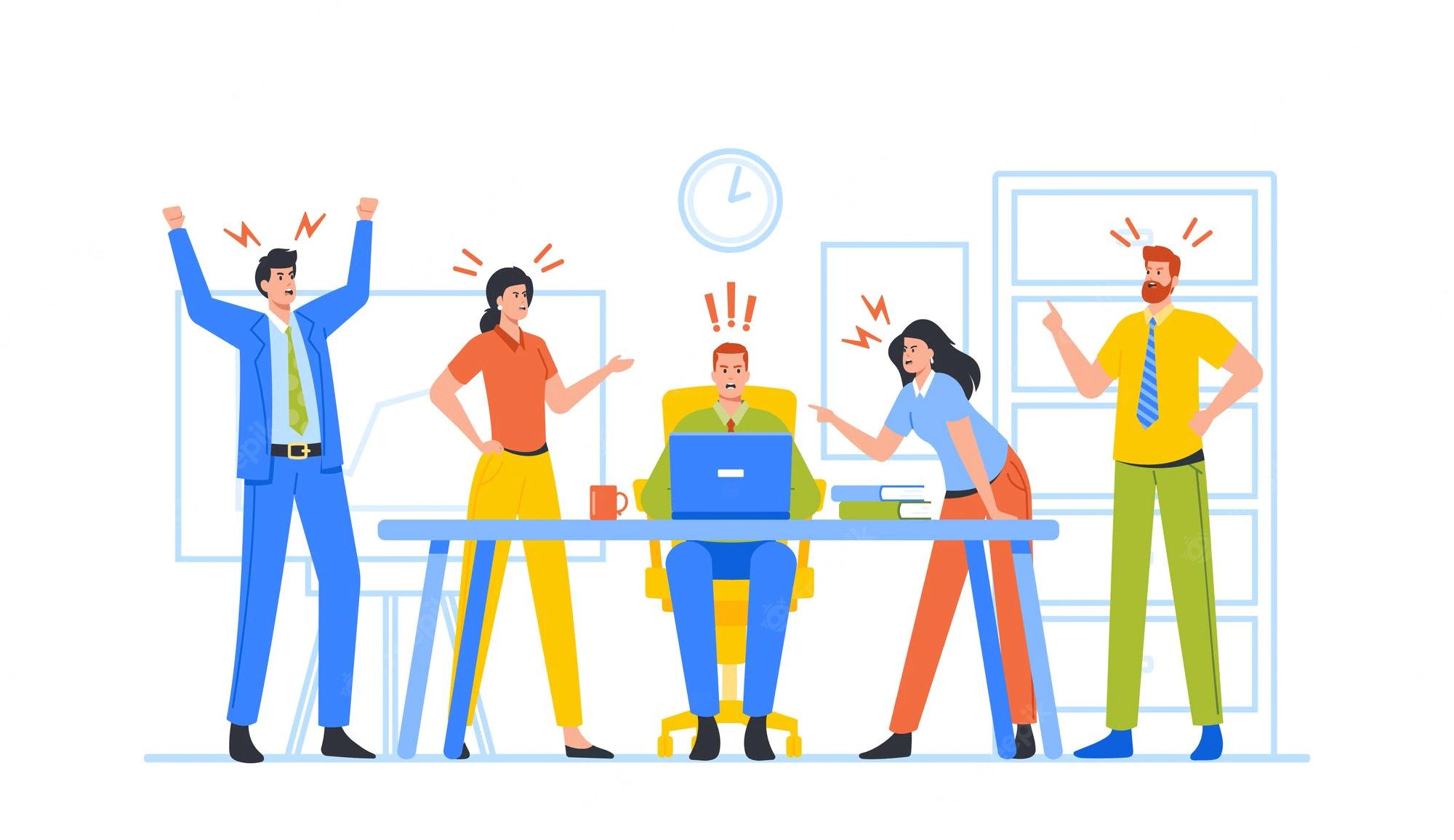In today’s world, it is easy to get caught up in the hustle and bustle of everyday life, and forget about the importance of small interactions. While seemingly insignificant, these small interactions in the workplace can have a major impact on employee recognition. From the way we greet our colleagues in the morning to the conversations we have with them during lunch, small interactions can foster a sense of belonging and appreciation in the workplace. These small interactions allow us to take the time to get to know our co-workers, build connections, and create an inclusive and engaging work environment. By acknowledging and celebrating the contributions of our colleagues, we create a positive and supportive atmosphere that encourages everyone to reach their full potential. With a little effort, small interactions can be a powerful force that encourages meaningful relationships in the workplace and leads to greater employee recognition.
The importance of small interactions in the workplace
Interactions in the workplace are more than just friendly conversations; they are key to employee recognition. When we are able to get to know our colleagues, we create an environment where employees feel heard and valued. When employees feel included and appreciated, they are more likely to feel positive about their job and therefore be more productive. This positive work atmosphere has the potential to generate significant benefits in the work environment, including reduced stress and increased productivity. Small interactions in the workplace can have a large impact on employee recognition. Whether it is the way that we greet each other in the morning or the conversations we have with each other during lunch, small interactions can foster a sense of belonging and appreciation in the workplace. These small interactions allow us to take the time to get to know our co-workers, build connections, and create an inclusive and engaging work environment. By acknowledging and celebrating the contributions of our colleagues, we create a positive and supportive atmosphere that encourages everyone to reach their full potential. With a little effort, small interactions can be a powerful force that encourages meaningful relationships in the workplace and leads to greater employee recognition.
Strategies for encouraging small interactions
There are a variety of ways to encourage small interactions in the workplace. First, try to get to know your colleagues on a more personal level. By getting to know the people you work with, you are more likely to feel connected with them and be able to celebrate their achievements as colleagues. Another strategy for encouraging small interactions is to make time for casual conversation. While you may be busy with your tasks, there may be times when you can pause to chat with your colleagues. Whether it is over coffee or during lunch, you can use these casual conversations to get to know your colleagues better and foster positive relationships in the workplace. If you are in a managerial role, you can also encourage small interactions by making time for one-on-one meetings with your employees. These meetings can be an excellent way to get to know your employees better and to celebrate their achievements.
Tips for maintaining small interactions
There are steps that you can take to maintain small interactions in the workplace and ensure that they continue to be a positive force in the workplace. First, be aware of the small interactions that you have with your colleagues on a daily basis. This awareness is key to building a positive work environment, and it will allow you to identify and celebrate the achievements of others throughout the day. You can also use technology to facilitate positive interactions in the workplace. Communication tools such as Slack and Zoom can help you build connections and celebrate the successes of your colleagues, both within your team and across departments. Finally, you can take steps to prevent small interactions from turning into large issues. While you want to encourage open communication, you can prevent issues from escalating by addressing potential problems before they become too serious. By creating an environment where everyone feels comfortable bringing up concerns and celebrating successes, you can maintain small interactions and create a positive work environment.
Conclusion
In today’s fast-paced work environment, it can be easy to get caught up in the hustle and bustle and lose sight of the importance of small interactions. However, these small interactions have a major impact on employee recognition. Small interactions allow us to get to know our co-workers better, encourage positive relationships in the workplace, and create a supportive environment where everyone can thrive. By acknowledging and celebrating the contributions of our colleagues, we create a positive and supportive atmosphere that encourages everyone to reach their full potential.

